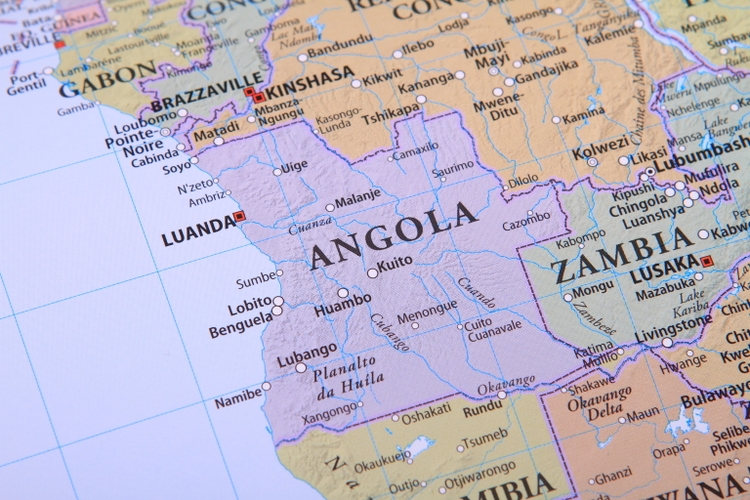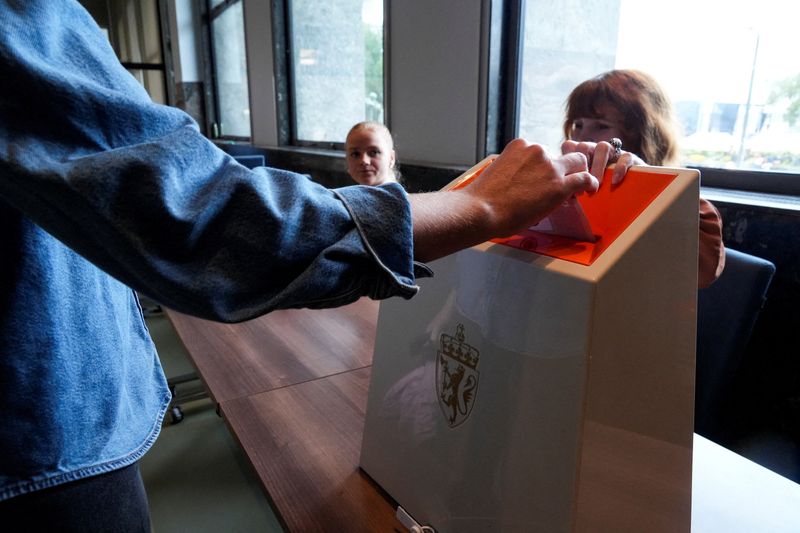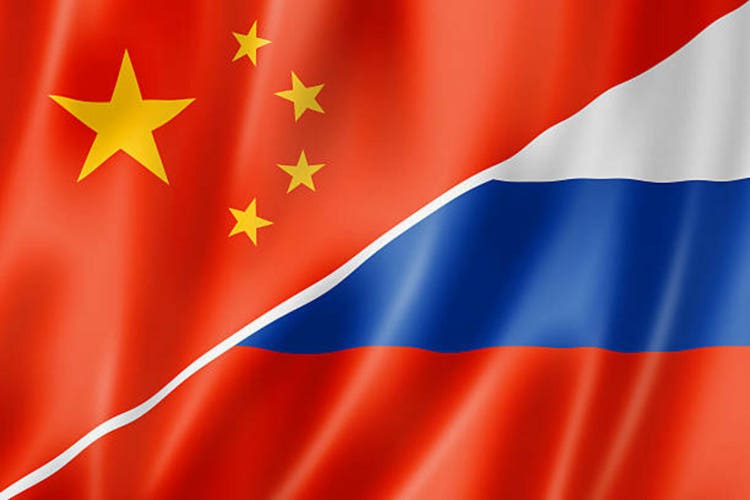 PHILSTAR FILE PHOTO
PHILSTAR FILE PHOTOBy Edg Adrian A. Eva, Reporter
THE Department of Trade and Industry (DTI) wants more Filipino entrepreneurs to venture into the coconut industry to boost the local market and meet international demand.
“We’re really encouraging more people to really get into the coconut business because it’s a star product, it’s a star fruit,” Trade Secretary Ma. Cristina A. Roque told reporters on the sidelines of a coconut trade fair last week. “Globally, there’s a huge market, and locally, there’s also big demand.”
Although the Philippines is the world’s second-biggest producer of coconuts — harvesting 14.7 billion annually — and the top exporter of more than 50 coconut-based products to at least 24 countries, the country generates limited domestic returns.
“We need to increase our domestic utilization,” Philippine Coconut Authority Administrator Dexter R. Buted said in a speech. “Unlike other countries like Thailand and Indonesia which have high domestic returns, ours is quite low,” he added in Filipino.
Marlyn B. Amorao, co-owner of Mang Ed’s Handicraft, which produces various handcrafted coconut products, said aspiring entrepreneurs could start their small business with little to no capital.
“During the pandemic, my husband used to bring home coconuts and coconut shells he found on the ground,” she told BusinessWorld. “He would then create plant pots out of them just for fun.”
“We had no capital back then, but we were still able to sell it on Facebook for P100,” she added. Their business now earns about P10,000 a month.
Ms. Amorao said she wants to help other aspiring entrepreneurs in the industry if she had adequate equipment to teach.
“What we hope for is to have the necessary equipment, because we also want to help by teaching other people how to make products from coconuts,” she said in Filipino. “If we have the right equipment, we can teach them how to create products to help them earn.”
About 2.8 million workers and farmers rely on coconut, making it a cornerstone of the Philippine agriculture sector, according to the Department of Agriculture.
“The industry is deeply woven in our economy and Filipino way of life,” Agriculture Assistant Secretary and Special Assistant for Export Development Phillip C. Young said at the event.
“We want Filipinos to take pride and benefit from our very own coconut products,” he added.
The government has allotted P1 billion for coconut planting and replanting and P1.8 billion for fertilization this year, with a target of planting 100 million trees nationwide by 2028.
“Coconut farming is the backbone of many rural economies,” Mr. Young said. “Through mechanization, irrigation and science-based practices, we are helping farmers boost productivity and resiliency.”
“Supporting coconut farmers mean supporting the broader agri-value chain,” he added.

 5 days ago
1
5 days ago
1




















 English (US) ·
English (US) ·